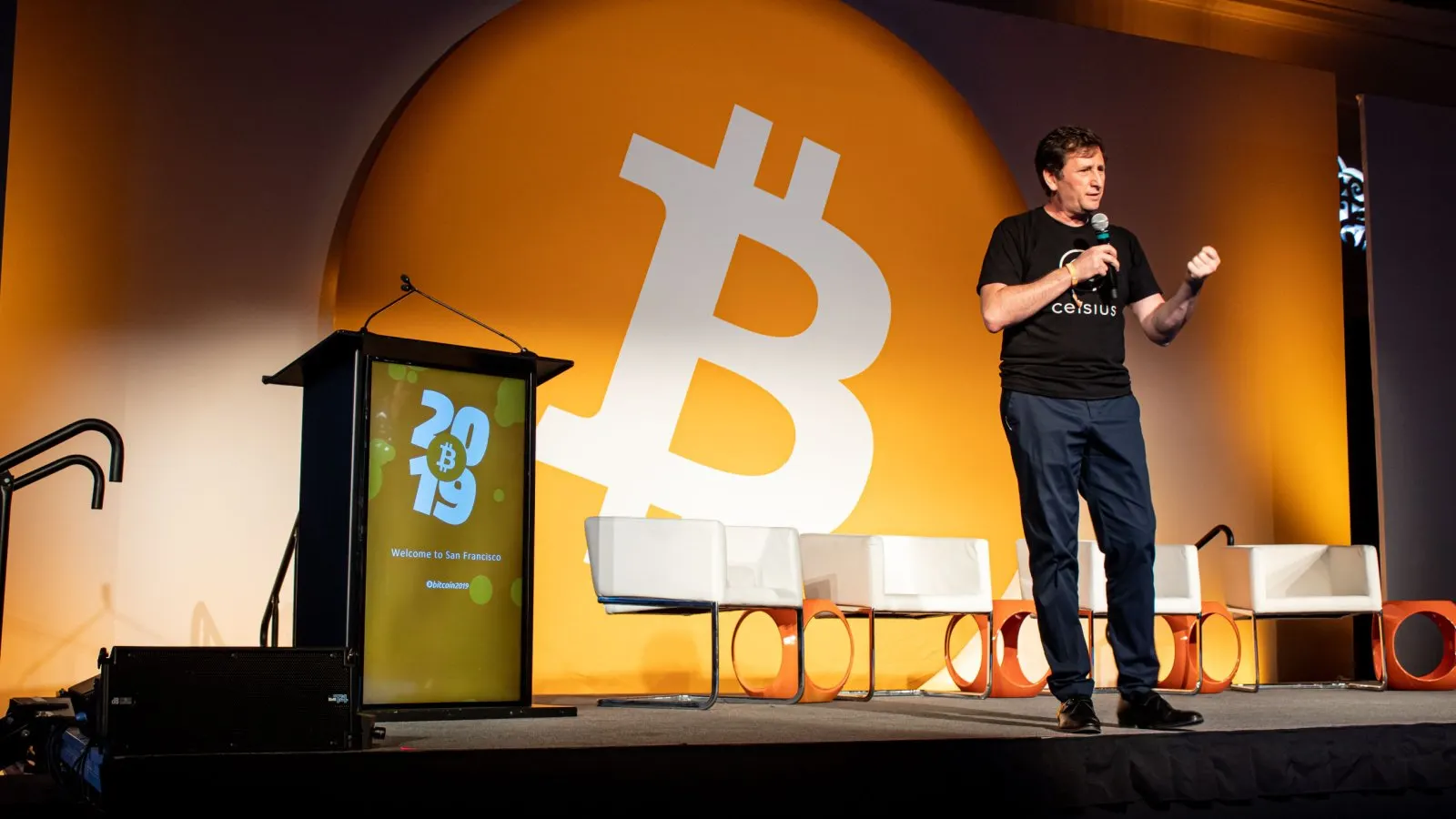Feds hit alleged crypto conman and ex-CEO of Celsius Network Alex Mashinsky with seven criminal charges in July—and now they want to freeze his assets.
A court order filed yesterday shows the Department of Justice has ordered Mashinksy’s numerous bank accounts frozen.
The filing orders that no money should be able to leave bank accounts at Goldman Sachs, Merrill Lynch, First Republic Securities, SoFi Bank and SoFi Securities.
It also mentions a Texas property owned by Mashinksy and shared with his wife Kristine.
Federal prosecutors in July charged Mashinsky with fraud, alleging that he misled investors and his firm engaged in “risky trading practices.” They hit him with a total of seven criminal charges.
And the Securities and Exchange Commission, the Commodity Futures Trading Commission and the Federal Trade Commission also hit Celsius with a number of civil charges.
The regulators allege that the crypto lender repeatedly lied to customers about how safe the platform was, and sold unregistered securities. They also allege that the company “falsely touted Celsius as a safe alternative to banking—even though it was anything but.”
Celsius was one of many crypto companies that went bust last year. As a lender, it promised investors huge returns and claimed to be “safe” but it stopped user withdrawals last June due to “extreme market conditions.”
It then filed for bankruptcy a month later, with papers showing its liabilities outweigh its assets by $1.2 billion.
Feds allege that Mashinsky promised investors that it was safe to keep using the platform when he knew it wasn’t, all while cashing out himself and ultimately pocketing $42 million by defrauding customers.

